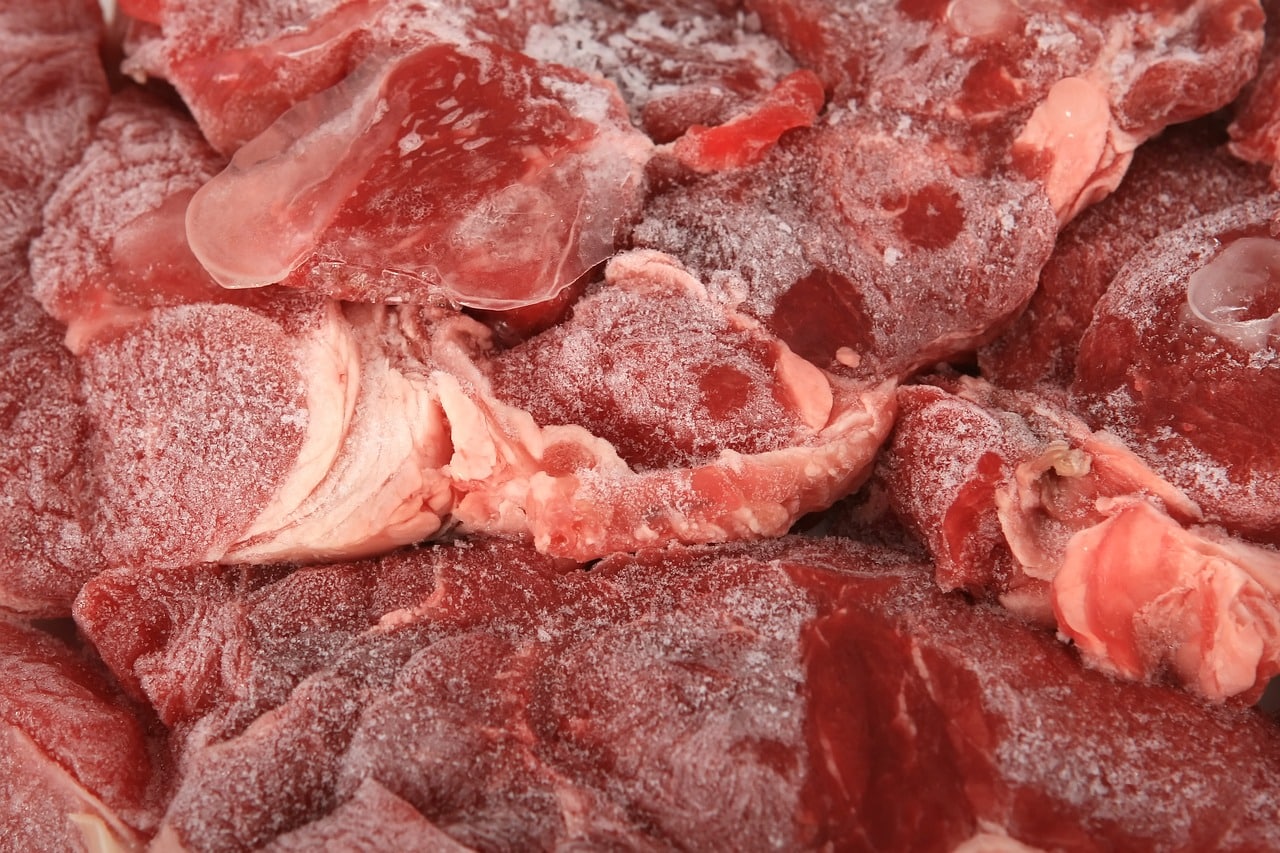A total of 448kgs of meat smuggled from the Republic were found by local police in Famagusta on Wednesday, the town’s Turkish Cypriot municipality said.
The meat, all of it beef, was found in a refrigerator at a butcher’s shop in the town. It was confiscated by the municipality, while legal action was taken against the shop’s owner.
Famagusta local police department director Harun Oza said after the find that his teams would continue to inspect butcher’s shops and other businesses in the town, “for the welfare, peace, and health of the public”.
“We will not turn a blind eye to any crime which aims to disturb the order and peace of this town,” he added.
The subject of meat has been a hot topic in the north all year, with ‘agriculture minister’ Huseyin Cavus having promised last week that new, stricter price controls would be introduced with the aim of keeping prices at affordable levels.
Meat is markedly more expensive in the north than in the Republic, with the prices of many other products in the north now exceeding their equivalents in the Republic.
Farmers spent a week protesting outside ‘government’ buildings at the end of May against plans to import meat from abroad with the aim of driving down prices.
Previous attempts to implement price controls have not seen unadulterated success, with the ‘government’ announcing such measures in April, and butchers then implementing service fees to sidestep the regulation.
The fee typically ranged between 10 and 15 per cent of the retail price of the meat, thus effectively allowing butchers to charge more.
At the same time, the north has in recent weeks been subject to an outbreak of bluetongue disease, with Cavus saying last week his ‘ministry’ is “closely monitoring the animals’ health”.
The alarm over the disease was initially raised last month by the north’s animal producers’ and breeders’ union chairman Mustafa Naimogullari.
He said the disease “is bringing sheep and goat farmers to their knees” and has now spread to farms from Rizokarpaso all the way to Nicosia.
“The flies which landed on the dead animals then transmitted the disease to other animals. This is very serious negligence, frivolity! You cannot do these things,” he said.
Naimogullari’s comments were met with fury by the north’s dairy product manufacturers’ association (Suib) chairman Mahmut Erden.
“A disease like bluetongue, which does not pass to humans and does not harm human health in any way but only causes economic losses through the death of animals, was advertised on television screens as if to rub it in the faces of the Greek Cypriots,” he said.







Click here to change your cookie preferences